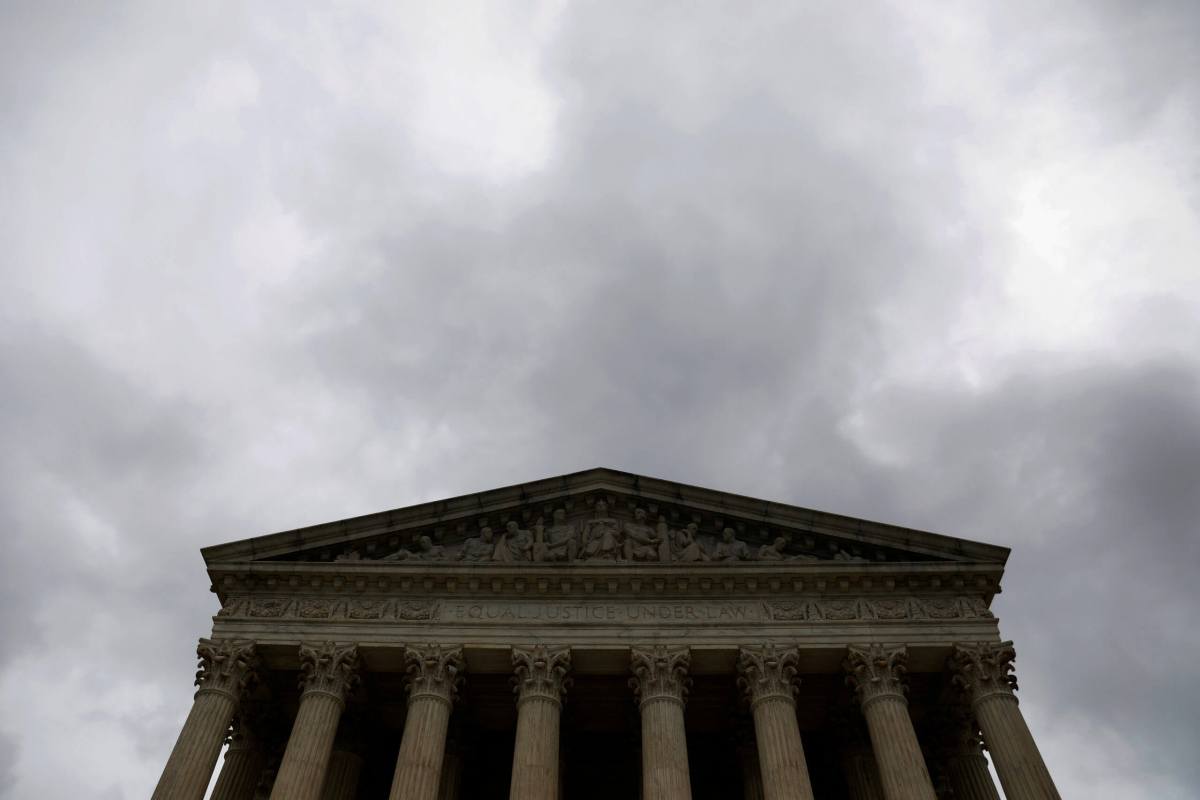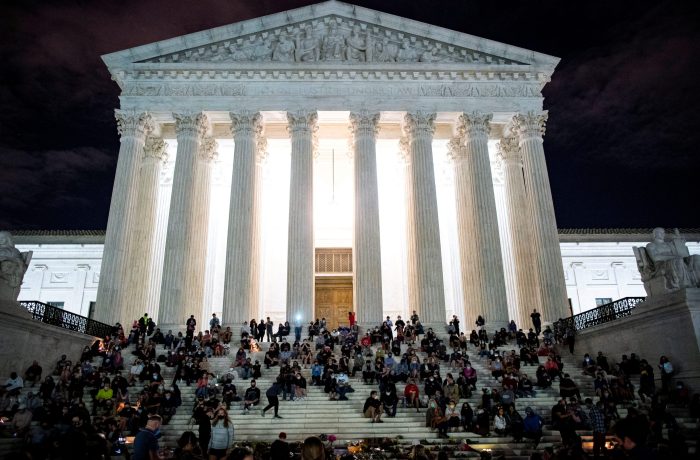By Andrew Chung, Reuters
The U.S. Supreme Court on Monday agreed to decide the legality of one of President Donald Trump’s hardline immigration policies that has forced tens of thousands of migrants along the southern border to wait in Mexico, rather than entering the United States, while their asylum claims are processed.
The justices will hear a Trump administration appeal of a 2019 lower court ruling that found that the policy likely violated federal immigration law. The “remain in Mexico” policy remains in effect because the Supreme Court in March put the lower court’s decision to block it on hold while the legal battle continues.
The Republican president has said the policy, which took effect in January 2019, has reduced the flow of migrants from Central America into the United States. Restricting both illegal and legal immigration has been a central theme of Trump’s presidency. He has sought to reduce asylum claims through a series of policy and rule changes.
Immigration advocacy groups and 11 individual asylum seekers who fled violence in El Salvador, Guatemala and Honduras were returned to Mexico after entering the United States filed suit to challenge the legality of the policy.
“Asylum seekers face grave danger every day this illegal and depraved policy is in effect. The courts have repeatedly ruled against it, and the Supreme Court should as well,” said Judy Rabinovitz, an attorney at the American Civil Liberties Union representing the challengers.
A Justice Department spokeswoman declined to comment.
The “remain in Mexico” policy, which represented a fundamental change to previous U.S. practice, is one of the steps Trump has taken to try to prevent large-scale migration from Central America and other countries across the U.S.-Mexican border. His administration has said allowing the thousands of asylum seekers across the border would swamp the U.S. immigration system and damage American relations with Mexico.
A federal judge blocked the program nationwide, saying that forcing these asylum applicants to wait in Mexico was contrary to the text of a law called the Immigration and Nationality Act and violated treaty-based obligations to not send refugees back to the dangerous countries from which they came.
The San Francisco-based 9th U.S. Circuit Court of Appeals in February partially upheld that ruling. The Supreme Court then put the injunction on hold, allowing the Trump administration to continue to carry out the asylum policy.
Migrants in the program, many of them children, have faced violence and homelessness in Mexico while awaiting court dates. Human rights groups have documented cases of kidnappings, rapes and assaults.
The Supreme Court also may address a Trump administration request to clarify that individual federal judges do not have the power to issue nationwide injunctions, and instead must limit the scope of their rulings to the plaintiffs who filed the cases before them.
A number of Trump’s policies, in particular concerning his efforts to restrict immigration, have been blocked or delayed by such nationwide injunctions.



































